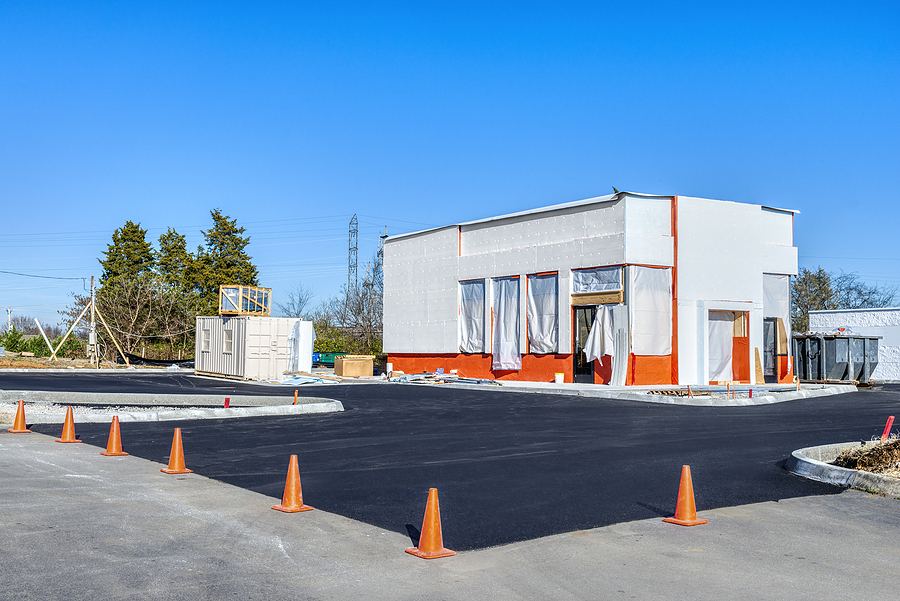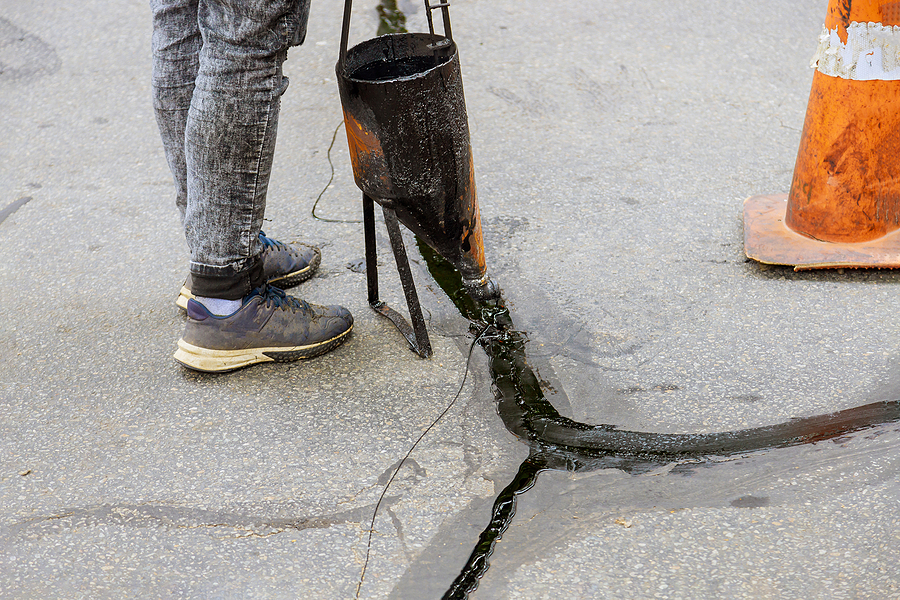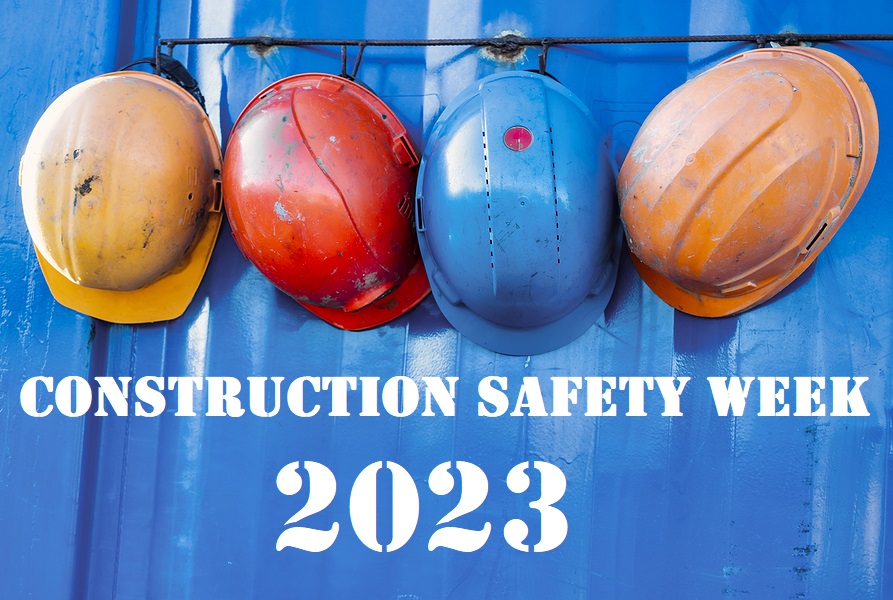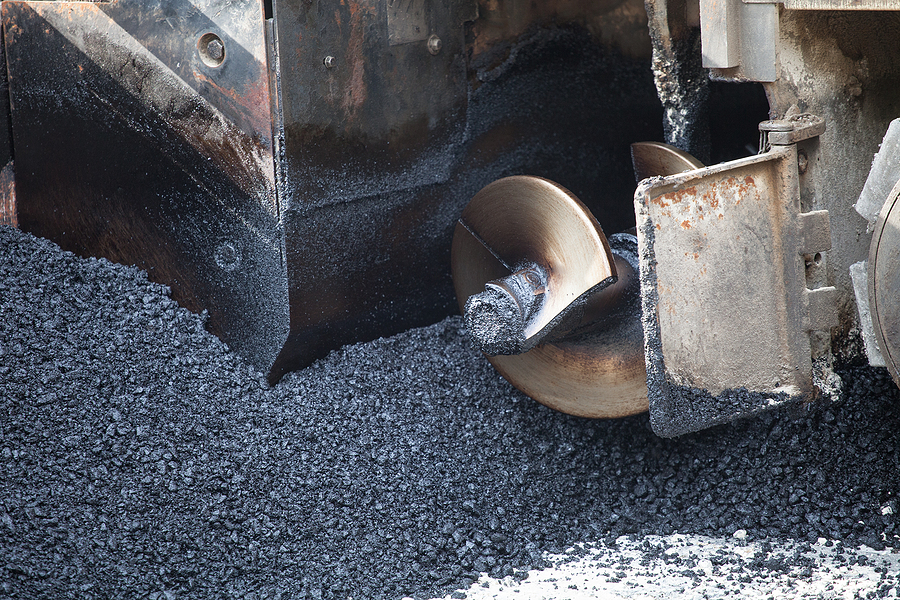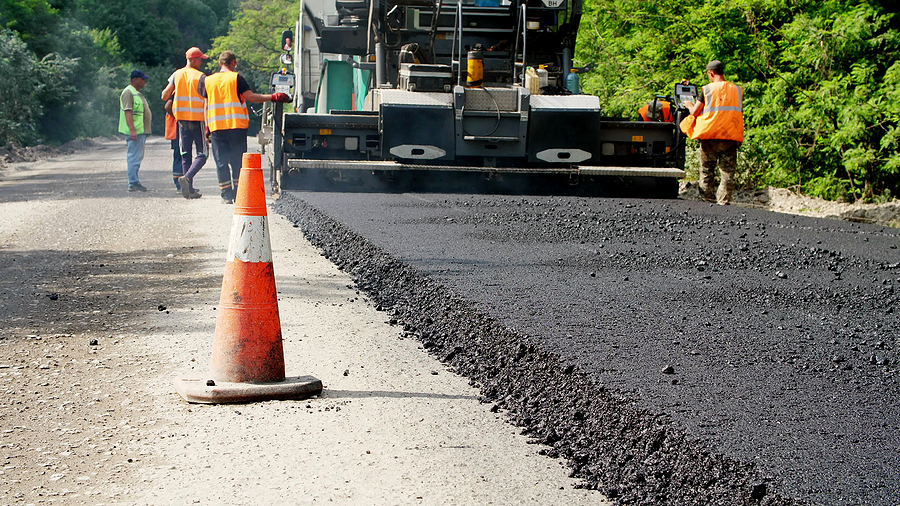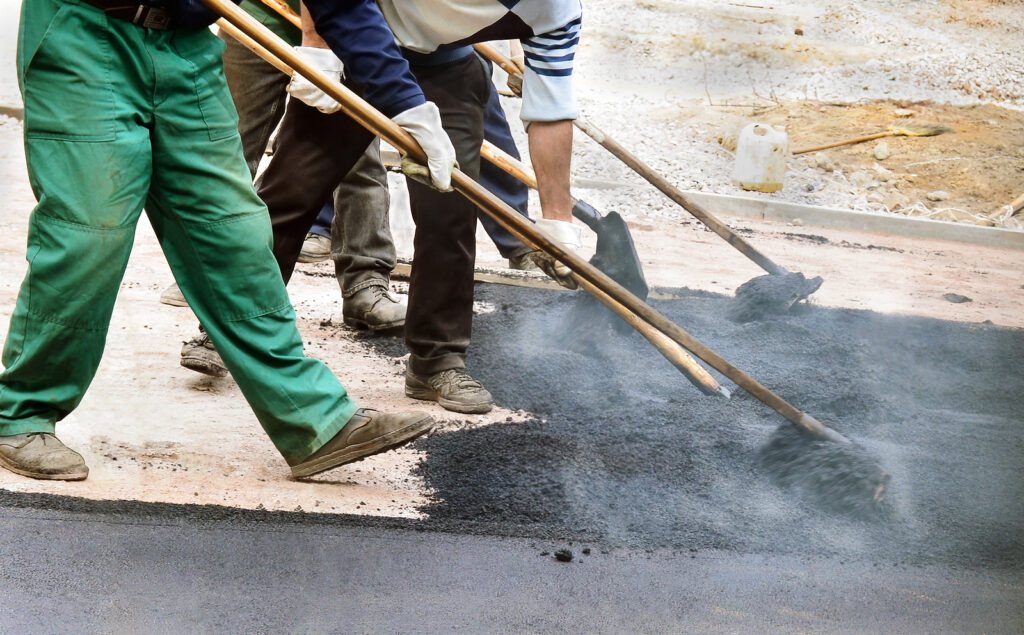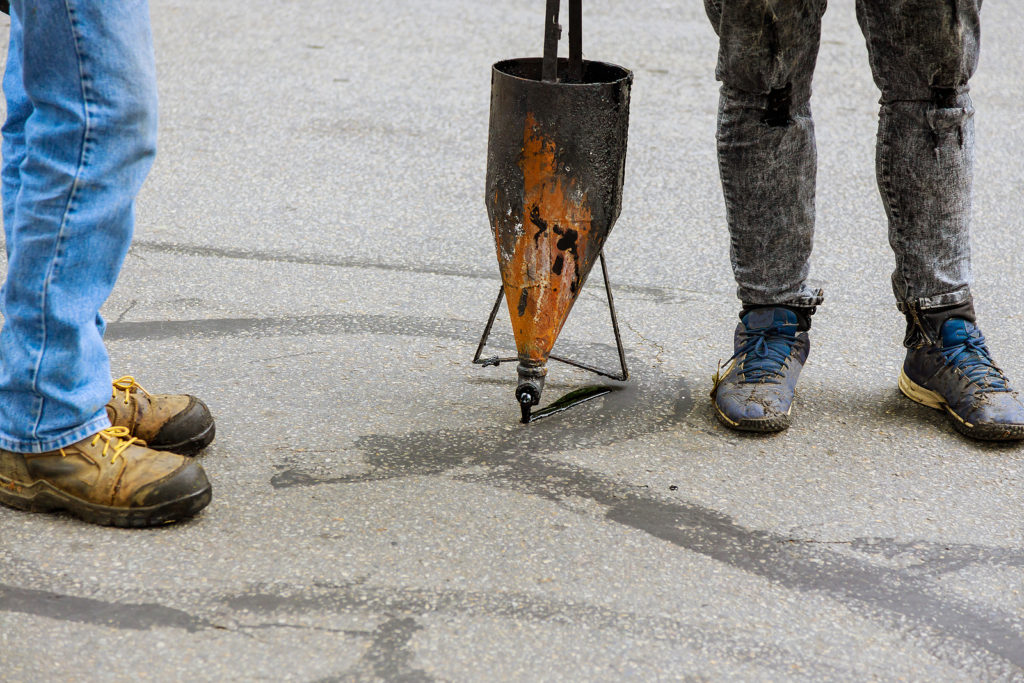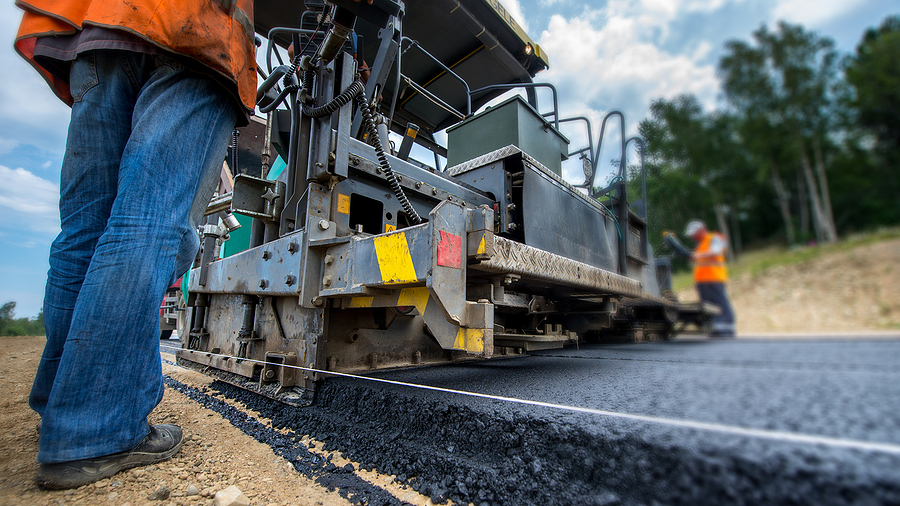Few things speak louder about a business than its exterior appearance. An aesthetically pleasing, well-maintained commercial property can leave an indelible impression on clients, customers, and passersby alike. In this regard, commercial asphalt paving plays an integral role, particularly when it comes to the state of your parking lot. It’s more than just a place to park cars; it’s the first physical interaction individuals have with your establishment.
From enhancing curb appeal to ensuring customer safety and satisfaction, proper asphalt paving and parking lot repair are essential aspects of overall business aesthetics. Join us as we delve deeper into the impact of commercial asphalt paving on your business image.
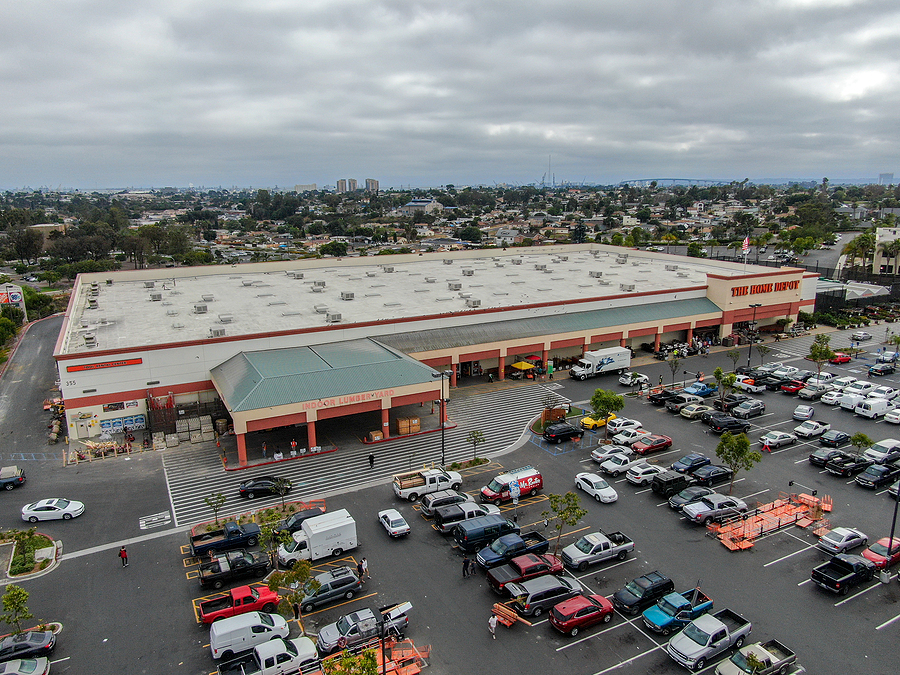
Why Choose Professional Asphalt Paving for Your Business
Enhance Curb Appeal
One of the most significant advantages of commercial asphalt paving is its ability to enhance curb appeal. A beautifully paved parking lot can significantly impact how people perceive your business and ultimately influence their decision to visit or even purchase from you. Cracked, uneven, or deteriorating pavement can give off an unprofessional and neglected appearance, which may deter potential customers. On the other hand, a well-maintained and visually appealing parking lot can create a positive first impression and draw people towards your business.
Ensure Customer Safety
Aside from aesthetics, commercial asphalt paving also plays a crucial role in ensuring customer safety. A poorly maintained parking lot with cracks and potholes can be hazardous to both pedestrians and vehicles. Not only does it make navigating the parking lot difficult, but it can also increase the risk of accidents and injuries. This poses a significant liability for businesses and can result in costly lawsuits. On the other hand, a properly paved parking lot provides a smooth and safe surface for customers to park and walk on, minimizing the risk of accidents and maintaining a positive business image.
Improve Customer Satisfaction
Parking lot repair may not be the first thing that comes to mind when considering ways to improve customer satisfaction, but it plays a vital role, nonetheless. A damaged parking lot can be frustrating and inconvenient for customers, causing them to have a negative experience before even entering your establishment. On the other hand, a well-paved and maintained parking lot can make their visit more pleasant and hassle-free, leaving a positive impression of your business.
How to Find a Reputable Commercial Paving Company Near You
To ensure the best results for your commercial paving needs, it’s essential to choose a reputable and experienced company. Look for a company that specializes in commercial asphalt paving and has a proven track record of delivering quality work. Additionally, make sure they are licensed and insured to protect both you and your business from any potential liability. Read reviews and ask for references from previous clients to get an idea of their work quality and customer satisfaction. Taking the time to find the right commercial pavement and road construction company can make a significant impact on your business aesthetics and overall image.
To Summarize
In conclusion, commercial asphalt paving has a significant impact on the overall aesthetics of businesses. From enhancing curb appeal to ensuring customer safety and satisfaction, it is an important aspect that should not be overlooked. Regular maintenance and proper parking lot repair can go a long way in creating a positive image for your business and attracting potential customers. So, if you want to make a lasting impression and stand out among your competitors, investing in high-quality commercial asphalt paving is worth considering.
Are you looking for commercial paving services for your damaged asphalt pavements this summer? Contact ACI Asphalt and Concrete at 317-549-1833 for commercial asphalt repair and sealcoating services in Indianapolis, Indiana. We serve commercial and industrial clients all throughout the state.
Related Posts:
Essential Pavement Repair Tips for Commercial Property Owners
Commercial Asphalt Paving: Your Questions Answered
Cracks in Commercial Pavements: Causes, Implications and Prevention Strategies

